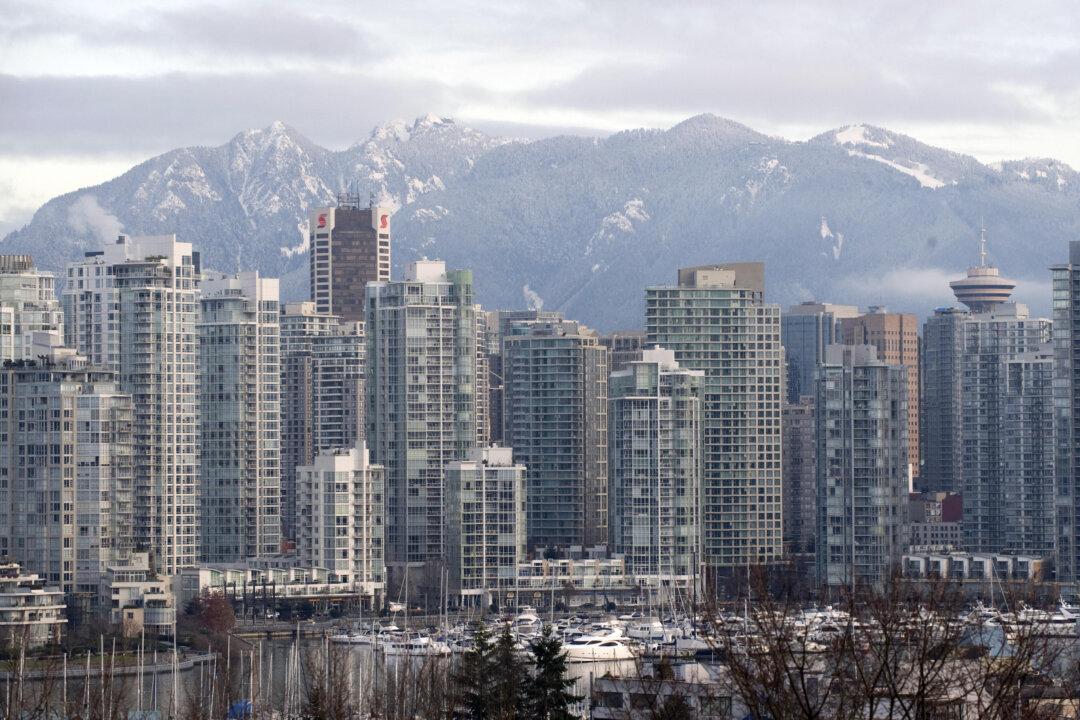Canadian police recently investigated CA$1 billion (US$750 million) worth of luxury property in the metropolitan area of Vancouver and discovered they were linked to a powerful Chinese criminal organization behind a global trade in deadly fentanyl, as well as illegal casinos operating in Canada.
“There are so many players we identified in B.C. [British Columbia, Canada’s westernmost province]. But this is all directed from inside China,” a Canadian international policing expert told the Global News in a Nov. 27 expose.
The Canadian police investigation found that the Big Circle Gang (BCG) bought and sold luxury houses in the Vancouver and Richmond City area in order to launder money related to the gang’s production and sales of fentanyl, heroin, cocaine, and methamphetamine.
Police investigated more than 1,200 luxury houses that were purchased in 2016, priced between CA$3 million to CA$35 million, and found that more than 10 percent of property buyers had criminal records. Of these, 95 percent were related to Chinese criminal networks, including BCG.
Fentanyl is a synthetic opioid that is 80 to 100 times stronger than morphine. A dose of only 0.25 milligrams of fentanyl can kill an adult. China is the main fentanyl supplier in the North American market.
Chinese-made fentanyl is the culprit behind the current opioid addiction crisis in North America. Both the United States and Canadian governments have sought to get the Chinese regime’s cooperation in blocking fentanyl from entering North America.
According to the U.S. Centers for Disease Control and Prevention, about 20,000 Americans died in 2016 by fentanyl, making up 30 percent of the total drug overdose deaths in the country. In Canada, 2,880 died from fentanyl addiction.
Gang Background
BCG was founded in southern China’s Guangdong Province and penetrated Hong Kong in the 1980s, eventually reaching Canada in the 1990s. They now operate around the world, including Australia and the United States.
According to B.C. court records, BCG is “well established in China among high ranking police and government officials.” They run drug factories in Guangdong then ship the drugs and raw chemical materials to Canada and other Western countries.
The criminal ring has been able to run rampant because Chinese government, military, and police officials have turned a blind eye. “At the very top, they are insulated. It’s government officials,” a policing expert told Global News.
In one court case involving a Chinese factory owner who has applied for refugee status in Canada, the factory owner alleges that he was chased and attacked by BCG gangsters after he reported to local Chinese authorities that a nearby factory was producing ecstasy. He said the government disclosed his report to BCG and put him in a dangerous situation.





